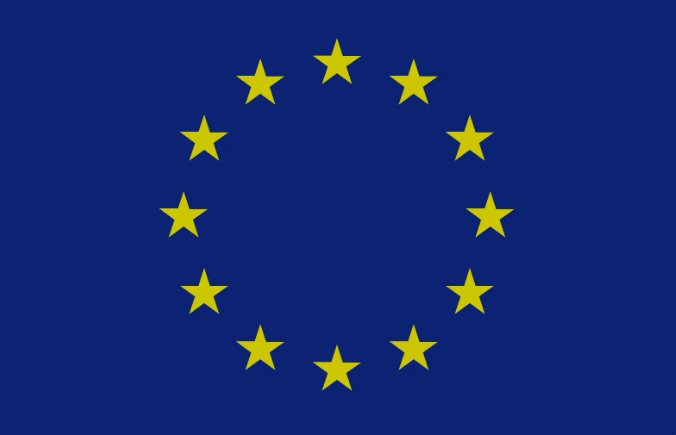EU Criticizes Military Verdicts
“EU Criticizes Military Verdicts” in the context of the sentencing of 25 individuals by military courts for their involvement in the May 9 attacks on state installations in Pakistan. According to media reports on Sunday, the European Union (EU) has expressed significant concerns over these proceedings, highlighting potential inconsistencies with Pakistan’s commitments under international human rights laws.
Concerns Over Fair Trials
In “EU Criticizes Military Verdicts”, the European External Action Service pointed out that the verdicts seemed inconsistent with Pakistan’s obligations under the International Covenant on Civil and Political Rights (ICCPR). The EU’s statement emphasized that Article 14 of the ICCPR guarantees everyone the right to a fair and public trial. It also ensures trials occur in an independent, impartial, and competent court, with adequate legal representation. The EU stressed that criminal judgment must be publicly available, ensuring transparency and fairness.
Pakistan’s International Commitments
“EU Criticizes Military Verdicts” by highlighting Pakistan’s commitments under the Generalised Scheme of Preferences Plus (GSP+). As a beneficiary, Pakistan has voluntarily pledged to implement 27 international conventions, including the ICCPR. The EU reiterated the importance of adhering to these commitments to maintain the benefits of the GSP+. This scheme allows Pakistan preferential access to the EU market, contingent upon meeting specific human rights and governance standards.
The Military Court’s Actions
The military court sentenced the accused to prison terms ranging from two to ten years. This marks the first phase of verdicts related to the May 9 violence. The Inter-Services Public Relations (ISPR) stated that these individuals engaged in politically motivated attacks on military installations, including the General Headquarters (GHQ). The ISPR characterized these incidents as a “dark chapter in Pakistan’s history,” claiming that they were orchestrated acts of political terrorism.
Context of the May 9 Attacks
The attacks coincided with the arrest of Pakistan Tehreek-e-Insaf (PTI) founder Imran Khan in a corruption case. This led to widespread protests and violence, with over 100 civilians reportedly facing military trials for their involvement. The military’s media wing stated that all convicts retain the right to appeal under the law and the Constitution. It also mentioned that sentences for the remaining accused would be announced following due process.
PTI’s Stance and Judicial Inquiry
“EU Criticizes Military Verdicts” while the PTI denies involvement in the attacks on military installations and calls for an independent judicial inquiry. The party asserts that the violent events were not sanctioned by its leadership, distancing itself from the incidents. Despite the Supreme Court halting military trials, they resumed after a recent directive from the constitutional bench, allowing pending cases to proceed. This development has reignited debates about balancing national security and individual rights, with human rights groups and international organizations closely monitoring the situation.
EU’s Call for Compliance
“EU Criticizes Military Verdicts” by urging Pakistan to comply with its international obligations to ensure fair and transparent trials. The EU’s statement serves as a reminder of the importance of upholding the principles of justice and human rights, particularly in politically sensitive cases. The EU continues to monitor the situation, emphasizing the need for Pakistan to align its actions with the commitments it has made under international law.
Conclusion
“EU Criticizes Military Verdicts” is a significant stance, “particularly” highlighting the ongoing concerns about the integrity of the judicial process in Pakistan. Moreover, the European Union’s emphasis on fair trials, transparency, and adherence to international human rights standards underscores the global importance of justice and accountability. “Consequently”, as the situation evolves, the international community will closely watch Pakistan’s efforts to balance national security with the fundamental rights of its citizens.



